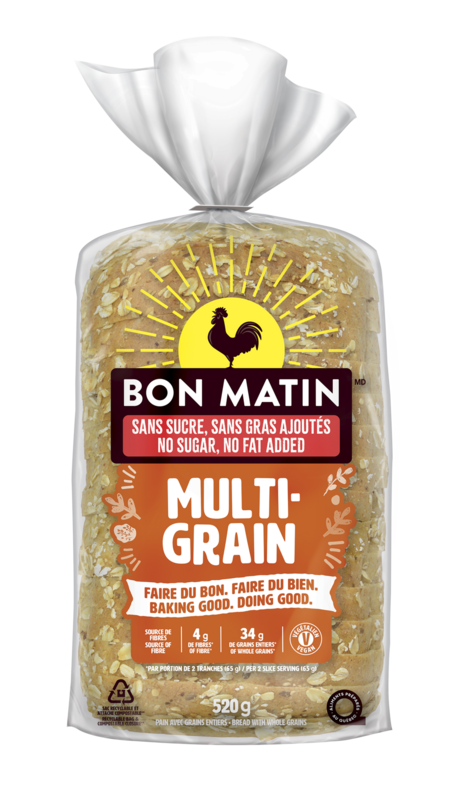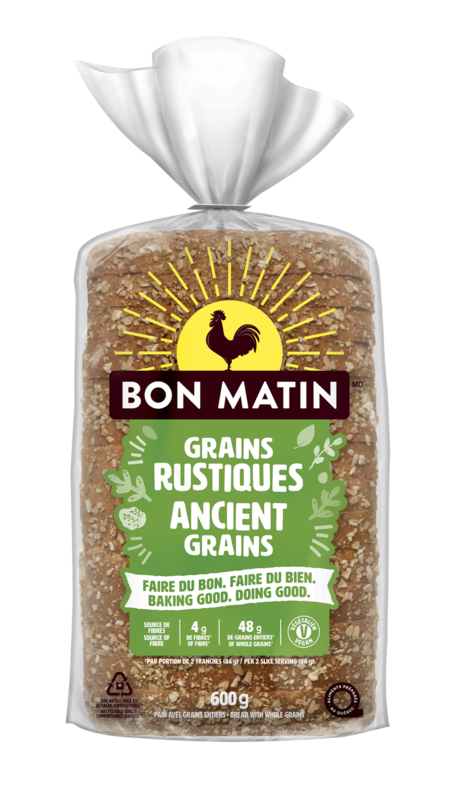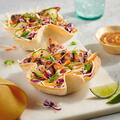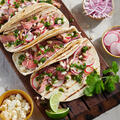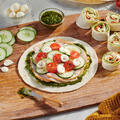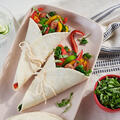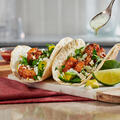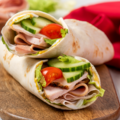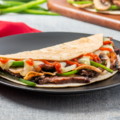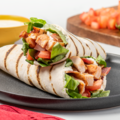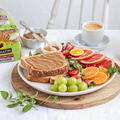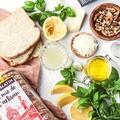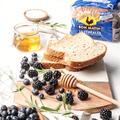When shopping for grain products like bread, pasta, bakeries, and cereals, you will come across various ingredients listed on the labels. Listed below are explanations of what the ingredients really mean:
100% Whole Grain: Products are made with 100% whole grain flour.
Whole grain whole wheat flour: This flour is 100% whole grain, containing the bran, germ, and endosperm. Most whole grain whole wheat breads are made with this flour.
Made with Whole Grain: This term means the product contains whole grains, but may also be mixed with other refined flour(s).
Multi-Grain: A product labelled Multi-Grain simply means that it contains multiple grains; however, it may or may not contain whole grains.
Whole Wheat: Under federal regulation, up to 5% of the wheat kernel (approximately 70% of the germ) can be removed during processing and can still be labelled “whole wheat”. Therefore, it does not mean that the product is 100% whole grain.
Wheat flour: Also known as refined flour, this ingredient is often found in white bread. Refined flour, like wheat flour and all-purpose flour, has both bran and germ removed.
